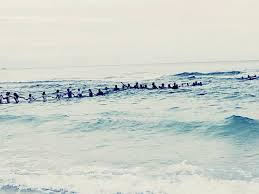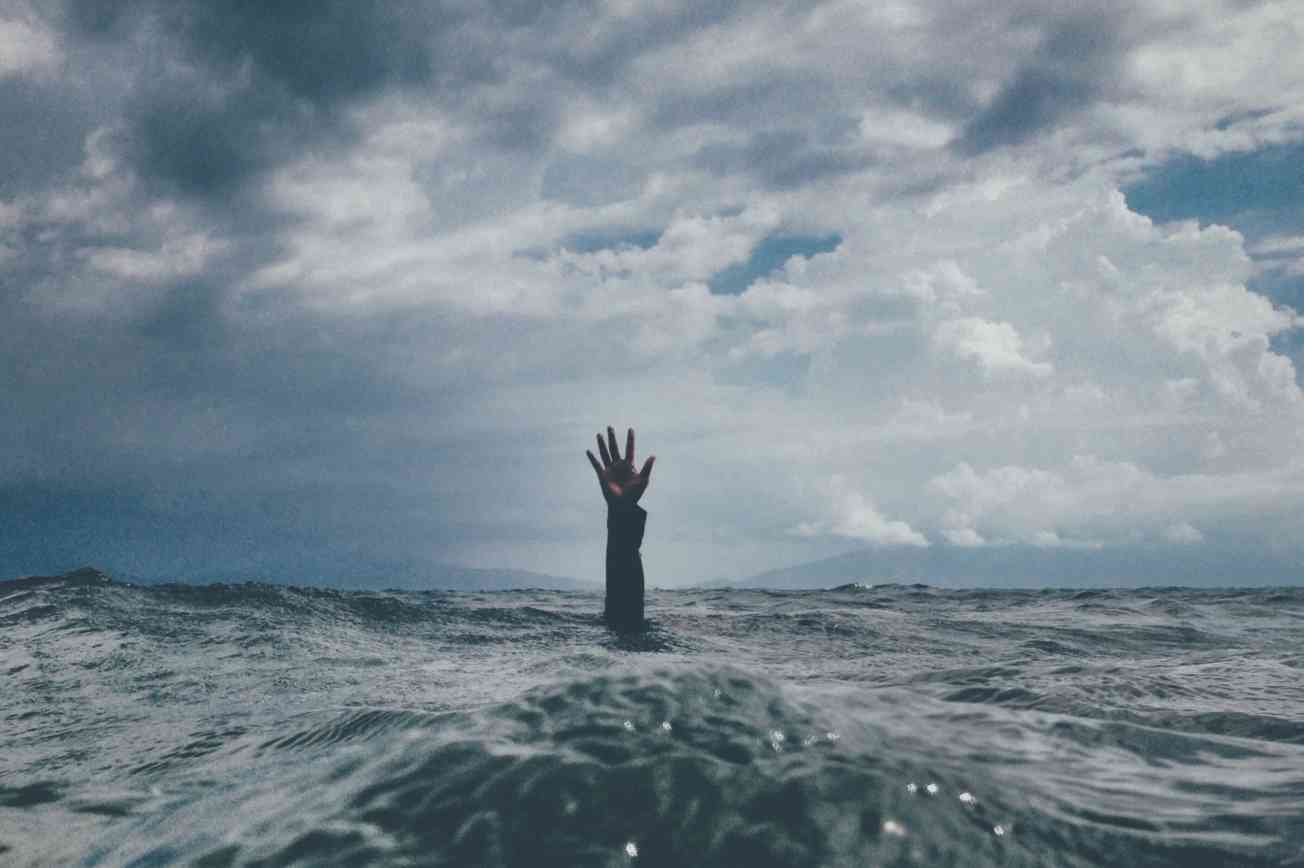Our Common Denominators


My husband and I were recently invited to a fascinating gathering of people from various religions, government agencies and humanitarian organizations in Berlin. The theme for the evening was Diversity and the special guest was a man named Richard Howell, an accomplished jazz musician. He sang a song for us that evening that I just can’t get out of my head. The lyrics are simple and childlike, but their message has returned to my mind over and over in various situations ever since.
“We are all connected, so we should
treat each other nice.
I am not free until we all are free.
You are not free until we all are free.
We are all connected, so we should
treat each other nice.”
These words playing quietly in my head have calmed my outrage while driving on the autobahn and witnessing a driver recklessly weave around cars and across lanes at breakneck speed, endangering the lives of everyone on the road, just to get somewhere a few minutes faster.
The music persistently clicks on as I read a desperate text from a Syrian friend living near me whose home town is taking especially heavy bombing, and whose wife and children are in grave danger and can’t leave because borders have been closed.
And again as I sit in a hospital room and witness the sunshine of a happy nurse cast out the looming shadows of pain and helplessness and literally brighten the room as she walks in to take my loved-one’s vitals. In line at the grocery store, sitting in church, listening to the radio, working with children in the daycare…those words have become a filter and a lens that has made me realize just how very connected we are.
Our actions, our behavior, our political policies and even our subconscious body language – no matter how compartmentalized or confined to ourselves they may seem - really do have consequences for others which we can’t even imagine. The power of the individual is remarkable – for bad or for good.
In my work with refugees, and in particular in my work with telling their stories, I have noticed a kind of self-preservation mechanism kick in. Often, after hearing a few personal stories of refugees I know, I watch as the listener connects to the refugee’s suffering on those common denominators and feels an impulse to reach out and alleviate the pain. Then I can almost read the rainbow of emotions as they run their course from heartache at the magnitude of human suffering taking place, to helplessness as they feel overwhelmed at the numbers, which then takes on shades of rationalization as the self-preservation kicks in and processes into inertia. I know…I feel it, too, sometimes. But then I remember that I am connected to much more than just the suffering… that I am not in this alone.

This helplessness in the face of real tragedy…call it psychic numbing, social coldness, public disregard, whatever…reminds me of a news story I read about last summer. A family was spending the day on the beach in Pensacola, Florida. Two of the children were caught in a riptide and couldn’t return to the beach. They were drowning. The 67-year old grandmother saw their situation and immediately swam out to help them. She was caught up in the riptide, as well. Six more adults tried to save the swimmers,became caught in the same riptide, and could not get back to shore.
Dozens and dozens of people watched helplessly from the beach, knowing if they tried to save these fellow human beings they would find themselves in a life-threatening situation, as well. Then, one wonderful woman who was an exceptional swimmer grabbed a boogie board and began to swim out while her husband began to organize the bystanders into a human chain. Linking arms from the shore, more than 80 people formed a line extending more than 100 meters into the water. One by one the woman with the boogie board reached each of the exhausted swimmers, who had by that time been struggling in the pulling, dragging water for more than 20 minutes, and she connected them to the end of the human chain which then pulled them to the safety of the beach.

No one could have done this alone. Standing as individuals on the beach – good people who felt compartmentalized and overwhelmed - they were helpless. But by reaching out, united and connected – they were a complete success…all nine of the swimmers were saved.
We are all connected, so we must treat each other nice. This world we share and our common humanity connect us; they are the inescapable common denominators that lead to common outcomes. Our individual decisions define us as a human race. I am not free until we all are free. Closed borders, inaction, compartmentalization, and allowing feelings of helplessness to numb our initial feeling to reach out, only serve to weaken us as a whole. Each of these is a decision that will have consequences for all of us.
No one country can solve the migration crisis alone. No single organization can relieve the human suffering taking place. However, linked together, united and connected, we are stronger than the sum of our parts. Common solutions based on reaching out and pulling in will not only save untold lives, but it will define our success as individuals, and our future as a human family.
Official Statement on the Detention of Refugees and Ongoing Community Violence
With another death in Minnesota and continued violence toward individuals and groups standing up for their communities, we acknowledge the profound fear and uncertainty people are feeling--not just locally, but across the country.
On top of this, there are reports that refugees invited and admitted to our country through the U.S. Refugee Admission Program are now being detained, meaning that our new friends and neighbors feel that fear most acutely.
Refugees have already fled violence and persecution once. They came here legally, seeking safety. In moments like these, we reaffirm our commitment to building communities where refugees and immigrants can live without fear. Where they can go to work, send their children to school, and build lives of dignity and belonging.
We call for due process, accountability, and humanity in all immigration enforcement operations. We call upon our leaders to demand the demilitarization of our neighborhoods and cities. And we call on all of us to continue the work of welcoming and protecting those who have been forcibly displaced from their homes.